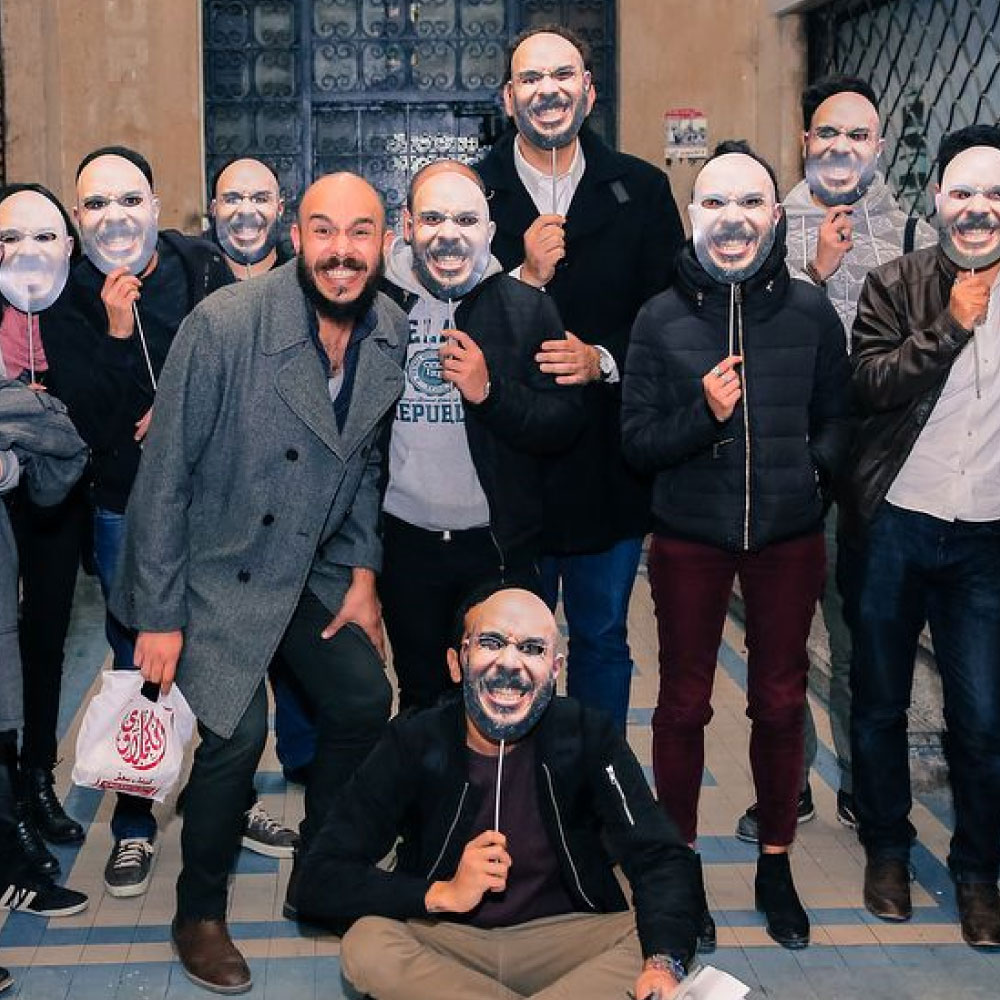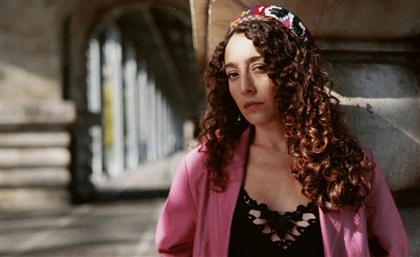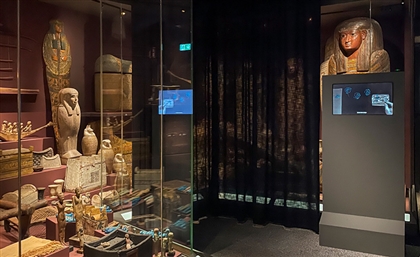Must Rousnam's 'Aswat Jamila' Blends Algerian Sounds With Electronica
The Algerian experimental producer's concept album features eight tracks, each inspired by a region of his homeland and its rich, varied musical traditions.

While the mention of Algerian music more often than not conjures up the sounds of Rai, the country’s musical traditions go much, much deeper. In his new album, Aswat Jamila, Tlemcen-based experimentalist, Must Rousnam, explores these traditions, devoting each of the eight tracks to a particular region of Algeria, including Haoui from Aurès, Ahellil of Timimoun, Andalusian from Tlemcen and meddahates from Oran.
Described as an exploration of identity, rhythm, and memory, the album is less a compilation of regional styles and more a sonic journey that takes the country's voices and instruments, and transforms them through an electronic and experimental approach. Rousnam treats heritage not as a museum piece, but as a living material, sculpting ancient forms with the texture, pulse and emotion of a modern musical language.
Each of the eight tracks is a deliberate synthesis, built in the studio from field recordings, archival takes and digital synthesis. It's an act of cultural cartography, offering eight distinct ways of connecting tradition with the sound of today. The album immediately establishes this intimate yet expansive vision with 'Alla', an opening tribute to a great oud player from Béchar, an intimate, soothing piece that carries the quiet light of the desert. The journey continues with 'Tiziri', which draws on the Ahellil of Timimoun - the traditional music of the Gourara region - reimagining it as a gentle, continuous electronic trance.
Rousnam shifts pace with 'Inqilab Zidane' featuring oud player Walid Hakim, in which Arab-Andalusian heritage rises through a community choir, gradually evolving into more acid and dance-oriented electronic textures. The album’s bridge between ancestral and contemporary voices is forged in 'Uffiy' with Celia Z, which reworks a piece by Idir, linking it to the Achewiq, the traditional improvisational song of the Northern Algerian Berber.
The record channels the rawness of the Chaoui tradition from the Aurès in 'Laswed Magrouni', guided by the driving force of the gasba flute and the bendir drum, while the energy of western Algeria comes alive in 'Douviz Ghali', born from an encounter with a gasba player and capturing a blend of popular rhythms with the pulse of Raï.
For 'Lersal', Rousnam collaborates with a true pioneer of electronic fusion in Algeria, El 3ou, allowing popular codes to collide head-on with modern sound structures. The journey culminates in a spiritual, forward-looking close with 'Salo Ala Nbi', a track that revisits the chants of the Meddahates of Oran.
Aswat Jamila is ultimately a statement, a vivid declaration that the identity of Algerian music is not static. It’s a masterful, sensitive work that proves that the deepest roots can, and must, be fused with the most futuristic sounds to create a living musical map.
- Previous Article Cinematic Season Style Guide with GFF's Salma Malhas & Hayat Aljowaily
- Next Article SPOTTED: Zohran Mamdani Speaks Arabic!
Trending This Week
-
Nov 19, 2025



























